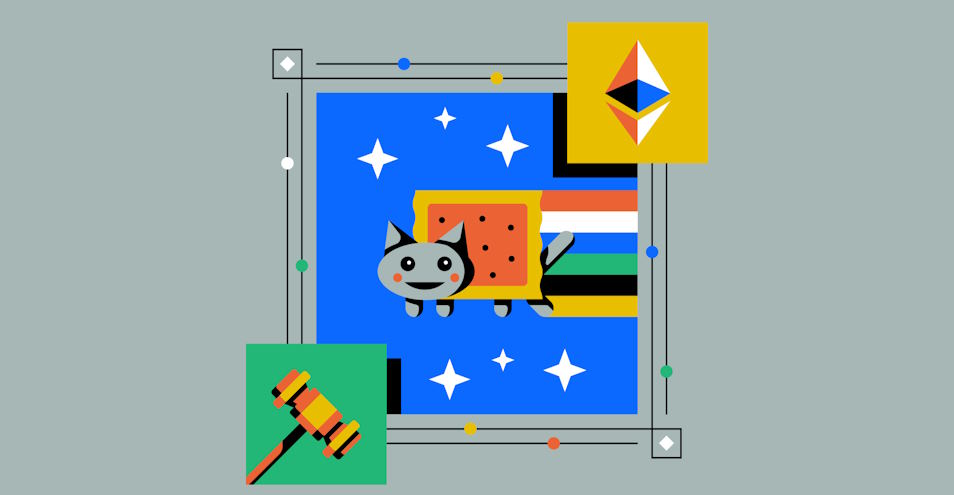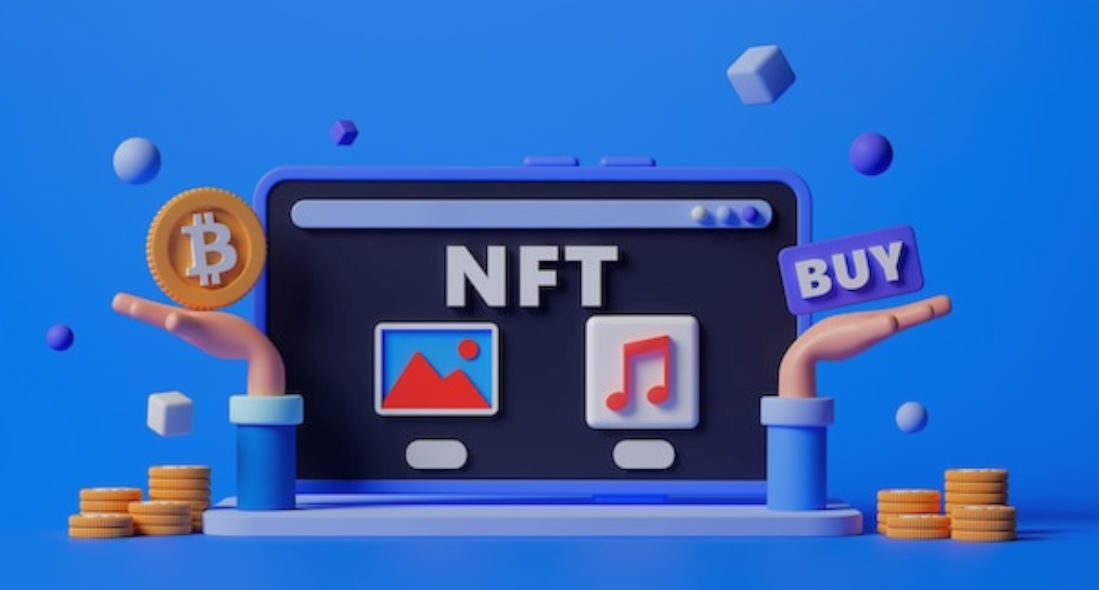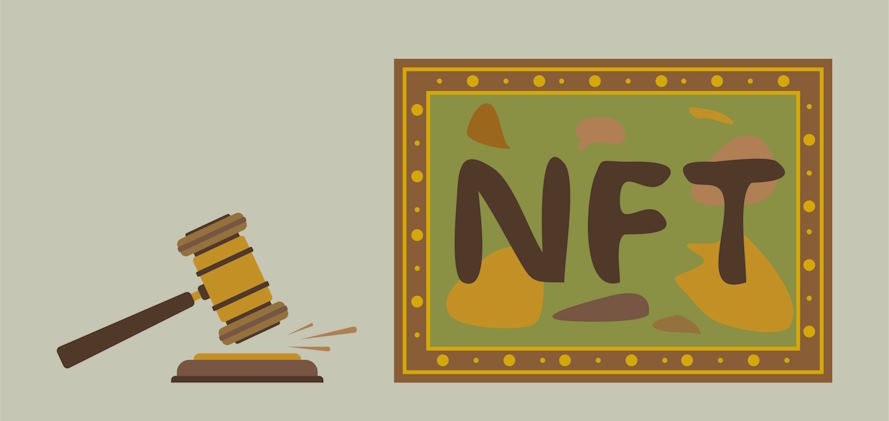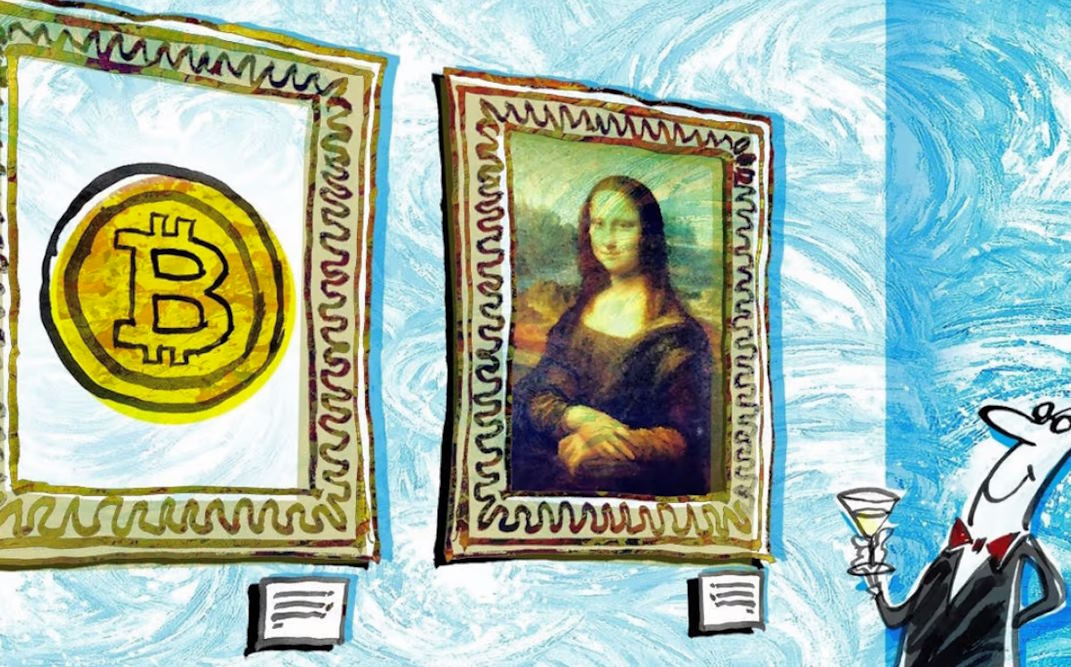January 04, 2023
NFT Auctions: Buying and Selling Digital Assets with Cryptocurrency

In the rapidly evolving landscape of digital ownership, Non-Fungible Tokens (NFTs) have emerged as a groundbreaking innovation, enabling individuals to buy and sell unique digital assets using cryptocurrency. NFTs represent ownership and authenticity of digital items such as artwork, music, videos, and virtual real estate, revolutionizing the way we perceive and trade digital content. One of the most popular methods of acquiring and selling NFTs is through auctions, where buyers compete to secure coveted digital assets.
Buying NFTs through Auctions
Researching and Identifying Valuable NFTs
Before diving into the exhilarating world of NFT auctions, it is crucial to conduct thorough research and identify valuable digital assets. NFTs span a wide range of categories, from digital artwork and collectibles to music and virtual real estate. Start by exploring popular NFT platforms and marketplaces to gain an understanding of the trending creators and projects. Look for NFTs that align with your personal interests or have potential for future value appreciation. Pay attention to factors such as the artist’s reputation, scarcity of the NFT, and the historical sales data of similar items. This research will empower you to make informed decisions and increase your chances of acquiring a valuable NFT through auction.
Participating in NFT Auctions
- Setting Up a Cryptocurrency Wallet
To participate in NFT auctions, you’ll need a cryptocurrency wallet that supports the blockchain network on which the NFTs are minted. Popular options include Ethereum wallets like MetaMask or Trust Wallet. Set up your wallet by following the wallet provider’s instructions, ensuring you securely store your wallet passphrase or private key.
- Bidding and Auction Mechanics
Once your wallet is set up, you can navigate to the chosen NFT auction platform and explore the available auctions. Study the auction details, including the starting price, duration, and any bidding increments or reserve prices set by the seller. Determine your maximum bid and set a budget to avoid overspending. Keep in mind that some auctions may employ a “Dutch auction” format where the price decreases over time, adding an extra layer of strategy.

- Auction Strategies and Tips
To increase your chances of success in NFT auctions, consider implementing the following strategies:
- Timing is crucial: Monitor auction end times and try to place bids closer to the deadline to prevent others from outbidding you.
- Do your due diligence: Research the artist or project behind the NFT, their previous works, and their reputation within the NFT community.
- Bid incrementally: Instead of placing your maximum bid at once, incrementally increase your bids to gauge other bidders’ responses and avoid unnecessarily driving up the price early on.
- Set a bidding limit: Determine the maximum amount you’re willing to spend on an NFT and stick to it. Avoid getting caught up in bidding wars and potentially overpaying.
Selling NFTs through Auctions
Determining the Value of Your NFT
When it comes to selling NFTs through auctions, determining the value of your digital asset is the first crucial step. Begin by researching the current market trends, recent sales of similar NFTs, and the demand for your specific category or artist. Factors such as the creator’s reputation, scarcity, and uniqueness of the NFT play a significant role in its value. Additionally, consider the emotional and cultural significance of your NFT, as these aspects can also contribute to its perceived worth. By thoroughly assessing these elements, you can set a competitive starting price or reserve price for your NFT auction.
Choosing the Right Auction Platform
Selecting the appropriate auction platform is essential for maximizing the visibility and potential profitability of your NFT. Conduct research to identify platforms that cater to your specific NFT category and align with your target audience. Look for platforms with a strong user base, reputable track record, and supportive community. Evaluate the platform’s fee structure, payment options, and any additional features or benefits they offer, such as promotional opportunities or built-in marketing campaigns. Choose a platform that provides a seamless and secure experience for both sellers and buyers.
Listing and Promoting Your NFT Auction
Once you’ve chosen your preferred auction platform, it’s time to list and promote your NFT auction effectively. Craft a compelling and detailed listing that highlights the unique qualities of your NFT, including its backstory, creation process, and any notable features. Utilize high-quality visuals and descriptive language to captivate potential buyers. Leverage social media platforms, online communities, and NFT-centric forums to spread the word about your auction. Engage with your target audience, share teasers, and collaborate with influencers or artists within the NFT community to generate buzz around your auction.

Risks and Challenges of NFT Auctions
While NFT auctions have gained significant popularity and recognition, it is important to be aware of the potential risks and challenges associated with this dynamic marketplace. Understanding these risks can help participants make informed decisions and navigate the NFT landscape more effectively.
Price Volatility and Market Speculation
One of the primary risks of NFT auctions is the inherent price volatility and market speculation. NFT prices can experience significant fluctuations, driven by factors such as trends, celebrity endorsements, or media attention. This volatility can result in sudden value swings, with NFTs being overvalued or experiencing significant drops in worth. It’s crucial for buyers and sellers to exercise caution, conduct thorough research, and avoid succumbing to hype or FOMO (Fear of Missing Out).
Scams and Fraudulent Auctions
The decentralized and relatively new nature of the NFT market has created opportunities for scammers and fraudulent activities. Fake auctions, counterfeit NFTs, and phishing attempts are some of the common risks that participants may encounter. It is essential to verify the authenticity of the NFT, research the seller’s reputation, and use reputable platforms that have implemented security measures. Additionally, exercising caution when sharing personal information or interacting with unfamiliar entities can help mitigate the risk of falling victim to scams.
Environmental Concerns with Blockchain Technology
NFTs are typically built on blockchain technology, such as Ethereum, which relies on energy-intensive processes like mining and transaction validation. This has raised concerns about the environmental impact of NFTs and their carbon footprint. Participants should be mindful of these concerns and seek out platforms that utilize more eco-friendly blockchain networks or take steps to offset their carbon emissions.


